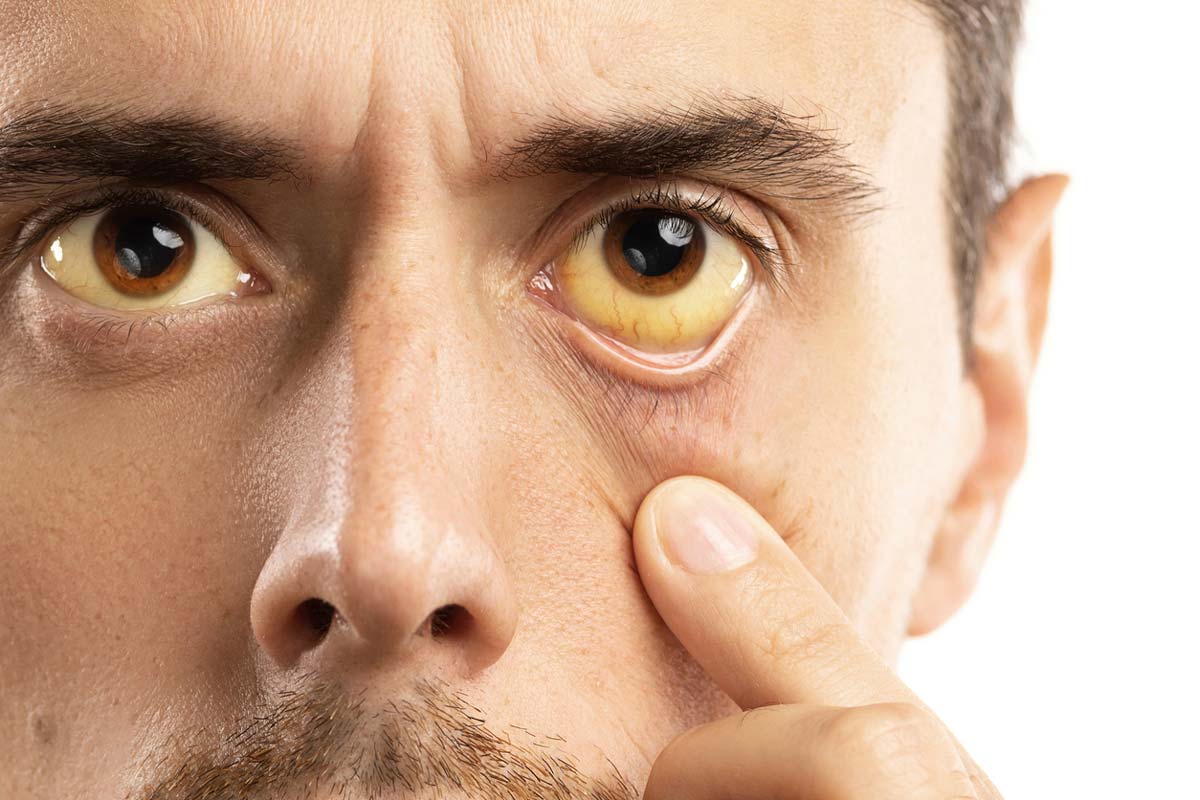While the world is being gripped by a novel virus, let us take a moment to remember some of the older viruses on World Hepatitis Day.
Hepatitis is defined as inflammation of liver which is brought to notice by elevated liver enzymes (AST or SGOT and ALT or SGPT) seen in routine blood tests.
Hepatitis can be acute or chronic, and its severity can range from mild to fatal. Viruses, alcohol, toxins, autoimmune reactions, and pregnancy can lead to Hepatitis with symptoms like jaundice, nausea, vomiting, upper abdomen discomfort.
There are five main strains of Hepatitis virus – A, B, C, D and E. Viral Hepatitis A & E are leading cause of Acute Hepatitis (< 6 months) in India with both showing prevalence of 10-30%. Hepatitis B and C predominantly cause Chronic hepatitis (> 6 months) with a prevalence of 4 % and 1 % respectively in India.
Amid the COVID-19 pandemic, viral hepatitis continues to claim thousands of lives every day. Some of these deaths are directly linked to COVID-19 in patients with viral hepatitis and the others are due to collateral damage, due to lack of timely intervention and lack of screening.
Government of India launched National Viral Hepatitis Control Programme (NHVCP) in July 2018 to provide free of charge diagnosis and treatment. It aims at ending viral hepatitis by 2030. But there has been a disruption to vaccination programs during the pandemic.
Emerging causes of Hepatitis seen nowadays are due to Non-Alcoholic Steatohepatitis (NASH), Alcohol related Hepatitis, Drug induced Hepatitis including Complimentary and Alternated Medicine (CAM) and Autoimmune hepatitis.
Hepatitis severity can range from self-limiting to life threatening requiring liver transplantation. Long standing hepatitis can lead to Cirrhosis and Liver Cancer (HCC).
Hence, altered liver enzymes in blood tests requires expert opinion to identify the problem at the earliest and treat accordingly because HEPATITIS CAN’T WAIT.
